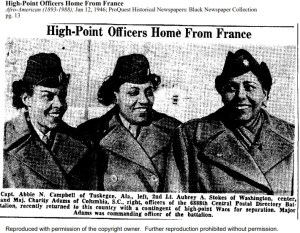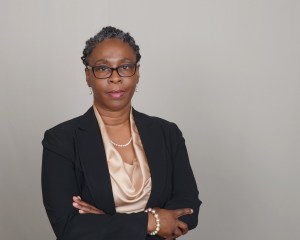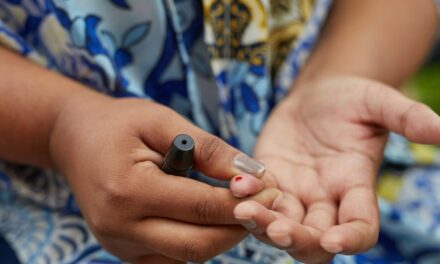By Stacy M. Brown | NNPA Newswire Senior National Correspondent
Earlier this year, about five dozen educators attended a four-day seminar at Howard University to discuss course concepts and best teaching practices.
During the summit, Howard officials maintained their desire to attract Black and Latinx high school teachers to an Advanced Placement Summer Institute that would help increase diversity among A.P. teachers.
Now, 60 schools around the country have agreed to participate in a pilot program for A.P. African American Studies.
On Monday, October 24, the Brooklyn Preparatory High School in New York announced it had joined the fray.
With a large Black and Hispanic student body, Brooklyn Prep will teach an A.P. African American History course.
“A lot of our history classes, we learn about white history like Europeans, like colonization, and a lot of things like that,” 17-year-old Amirah Riddick, one of the students who advocated for the course at Brooklyn Prep, told NBC News in New York.
“It’s a game changer, and I feel like us being mostly Hispanic, mostly African American students, mostly Caribbean students, we don’t get to learn much about our cultures and how we were thriving. We learn more about how we were confined like in slavery and how we were treated.”
According to the College Board’s Restated and Amended Bylaws, the A.P. African American History course would provide an understanding of the African experience throughout history with a general overview of centers of African Civilization from antiquity through contemporary times.
The course will cover African civilizations such as ancient Kemet (Egypt), Nubia, Axum, Ghana, Mali, Songhai, Kilwa, Sofola, Malinda, Monomotapa, and others.
“The course will also provide introductory knowledge of the fundamental cultural commonalities that African peoples share in the midst of linguistic and other kinds of diversity,” the guidelines state.
“The course will also examine the influence that African Civilization has exerted on other cultures and the impact of cross-cultural contacts on the African experience.”
Further, the course would consist of an introduction to African American history comprised of units that span the 16th century to the present day.
The course guidelines state that students will learn the vast history that begins with the rich legacy of African Kingdoms, the Atlantic Slave Trade, resistance, and triumph in America, to the onward movement of resilience in today’s Civil Rights era.
According to Smithsonian Magazine, the A.P. program, which the College Board oversees, allows high school students to take college-level classes, which could count for credit at higher education institutions. Around 70 percent of high schools in the United States offer at least one A.P. course.
“A.P. African American Studies is not CRT,” historian Henry Louis “Skip,” Gates told Time.
“It’s not the 1619 Project. It is a mainstream, rigorously vetted, academic approach to a vibrant field of study, one half a century old in the American academy, and much older, of course, in historically Black colleges and universities.”











